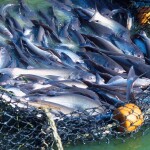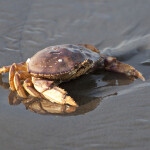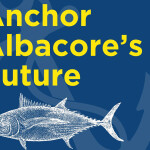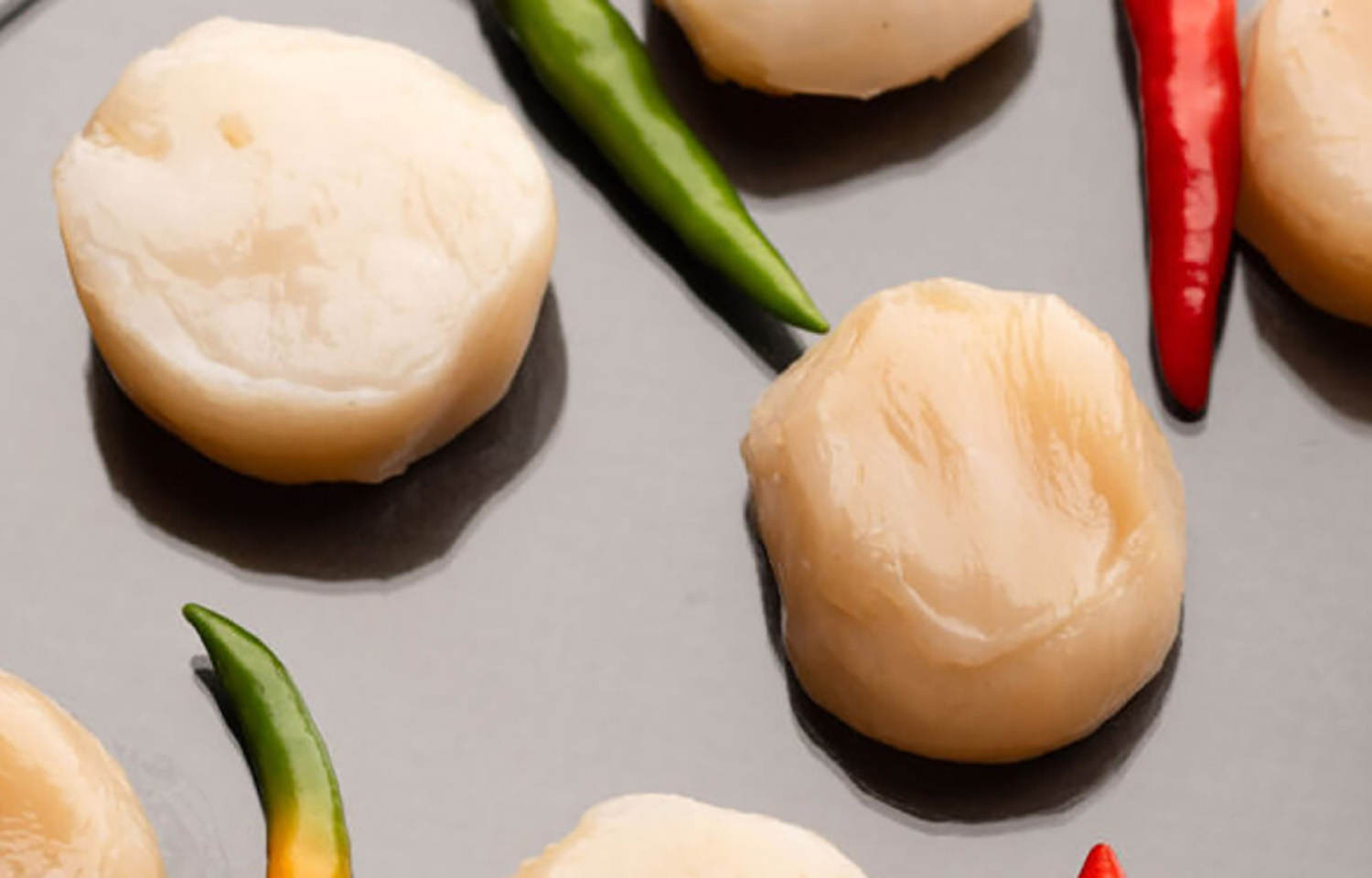SeafoodSource is closely following the plant-based and cell-based seafood alternatives market by compiling a regular round-up of updates from the sector. If you have an announcement, please send it to [email protected].
–Chicago, U.S.A.-based Fish-free seafood company Aqua Cultured Foods has pivoted from using a fungi-based platform to a cellulose-based platform, in a move that the company’s cofounder and CEO Brittany Chibe said will achieve price parity.
Though mycelium growth mediums are popular with alt-protein producers, Aqua Culture found that cellulose was a more effective and lower cost option.
“We tried for almost two years to get mycelium to grow in our cellulose matrix, but it simply wasn’t working,” Chibe told AgFunderNews.
The company said its switch to cellulose has been transformative.
“The beauty of it is that cellulose is very high in fiber,” Chibe said, “which is a nutrient [unlike protein] that most Americans are short of, and we’re able to make a good source of fiber claim. There is no protein in it, but that’s okay, because you can get protein from other parts of the dish. So if you have a Poke bowl [where Aqua Cultured Foods’ product replaces tuna] for example, you can get your carbs from the rice, fat from avocado, and protein from beans.”
This low capex cellulose approach has allowed Aqua Cultured to sell its fish-free seafood at the same prices as traditional seafood, and sometimes for less, the copmany said.
– A partnership between Austria’s Revo Foods and Belgium’s Paleo has received EUR 2.2 million (USD 1.9 million) in funding from the European Union.
The goal of the partnership between the 3D food printing and alternative protein companies is to produce the “ultimate vegan salmon.” The funding will support research into a heme protein called myoglobin, which provides authentic taste and nutritional value to alternative proteins. Though this protein is traditionally found in animal muscle tissue, Paleo produces a vegan version through fermentation.
The two-year project, which began in August, will aim to develop myoglobin that mimics salmon. Eureka Eurostars, the largest international funding program for small and medium-sized enterprises, will also provide funding to the project.
Paleo uses precision fermentation to create animal proteins using yeast. The production process is entirely vegan and its end products are GMO. The company is currently producing beef, chicken, pork, tuna, and mammoth myoglobin.
Revo Foods is a 3D printed food company which recently opened the world’s largest 3D food printing facility, Taste Factory, in Vienna. They are also the producers of The Filet, a mycoprotein-based salmon filet alternative that recently became available across Europe.
–The New Zealand government has invested NZD 5.95 million (USD 3.58 million 3.29 million) in a five-year program to develop cultivated seafood.
According to lead researcher Dr. Georgina Dowd, the project will study cell lines which will protect the New Zealand seafood industry from disease.
“It is only a matter of time before one of the detrimental OIE (World Organization for Animal Health)-notifiable diseases arrives here and impacts our seafood industry," she said. "Unless we put systems and pipelines in place, we are really at risk.”
The program is backed by the country’s Endeavour Fund, and will support state-owned research agency Plant & Food Research as it works to develop fish-free seafood. The project is a response to the global demand for sustainable seafood and marine products like collagen. Plant & Food Research will also study the social and cultural acceptance of cultivated fish, including Māori perspectives and species that are significant in Māori culture, such as tuna, crayfish, and mussels, which are known as taonga species in Māori.
Dowd’s research team said it hopes to produce continuous cell lines, which reproduce the characteristics of primary cells but have longer life spans. But, Dowd said, there are challenges to doing such biomedical research on taonga species.
“Will we be able to safeguard and still share our taonga cell lines?” said Dowd. “That’s a really important question for tangata whenua [the Māori community] .”
Despite the challenges, Dowd said she is optimistic.
“It would be great if others could use continuous fish cell lines developed at Plant & food Research as part of a fish health management strategy that doesn’t involve using whole animals," she said. "Or if our cell lines could be used to create lab-grown fish products for human consumption.”
–HAPPIEE!, a leading Southeast Asian producer of meat alternatives, stocks products in 245 Sainsbury’s and 327 Morrisons locations across the U.K.
The brand, a subsidiary of Growthwell Foods, sells seafood made of alternative proteins. Products include Shrimpiee, Breaded Shrimpiee, Squidiee, and Calamariee. HAPPIEE! sells both plain and value-added versions of their fish alternatives, which mimic the taste and texture of real seafood.
HAPPIEE! Commercial director Rosie Bambaji said that the company’s “mission is to make sustainable, plant-based eating an easy and enjoyable choice for everyone. We believe our range offers something unique to the market and we can’t wait to see how these new listings will further drive the growth and awareness of our brand.”
–Singapore-based UMAMI Bioworks has expanded into the U.K. and Europe.
Though the sale of cultivated seafood is not yet permitted in the UK without prior market authorization, the company, which has expanded rapidly in recent months, is currently seeking regulatory approval.
According to CEO Mihir Pershad, the company is in the process of producing red snapper for the U.K. market.
“Our decision to enter the U.K. market aligns with the country’s strong focus on food security and its world-renowned expertise in biotech and bioengineering," he said. "We will work closely with leading institutions such as University College London (UCL) and Imperial College to advance commercialisation of our current generation of cultivated seafood solutions and to pave the way for the next generation of cultivated seafood breakthroughs that will inevitably redefine how the UK - and the world - feeds itself.”







